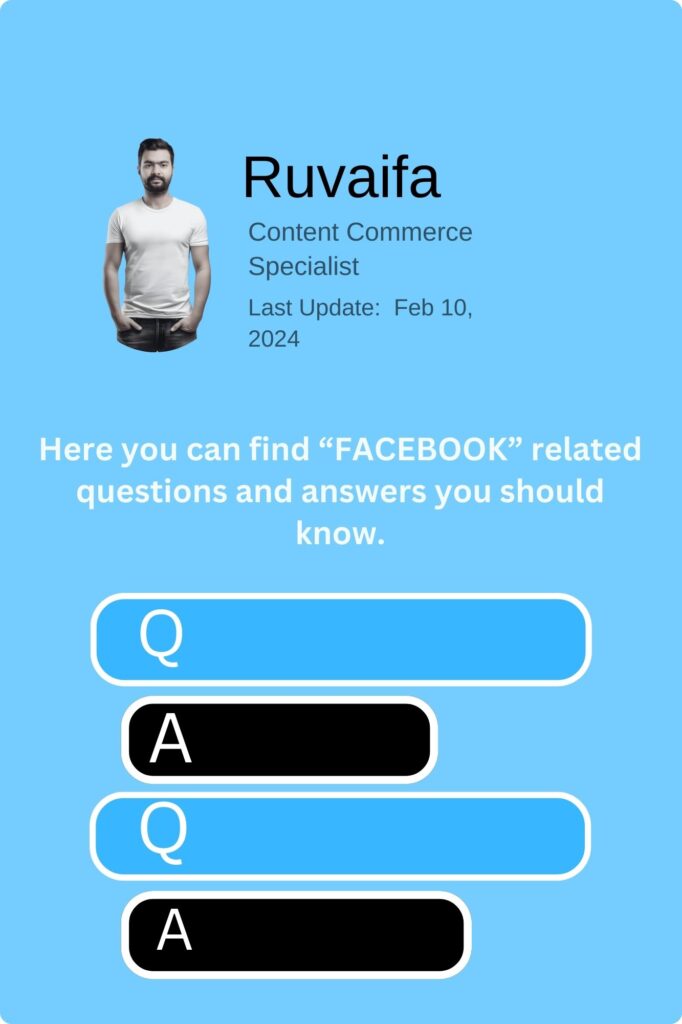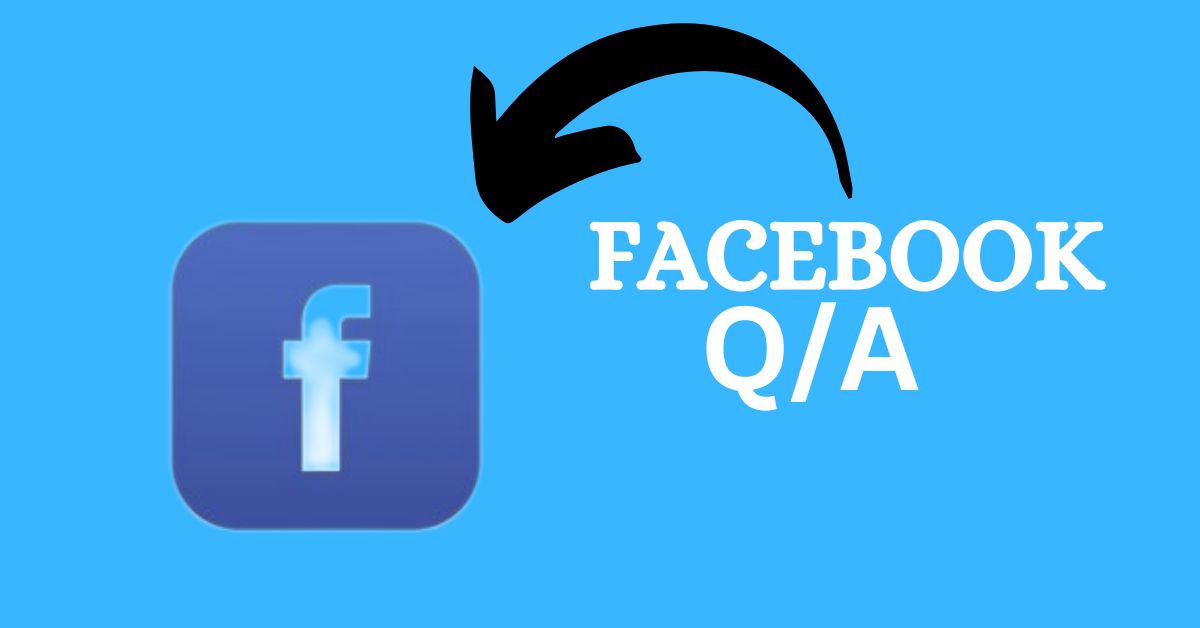
When was Facebook founded?
Facebook was founded on February 4, 2004, by Mark Zuckerberg and his college roommates.
What is the current name of the company that owns Facebook?
The company is now known as Meta Platforms, Inc., following a rebranding in October 2021.
What are some key products owned by Meta Platforms, Inc.?
Meta owns Facebook, Instagram, WhatsApp, Oculus VR, and other products.
How many active users does Facebook have?
As of my last knowledge update in January 2022, Facebook had over 2.8 billion monthly active users.
What is the mission of Meta Platforms, Inc.?
Meta’s mission is to connect people and build a metaverse, a shared virtual space where users can interact in real-time.
Has Meta faced any controversies regarding user privacy?
Yes, Meta has faced various controversies, including issues related to user privacy and data handling.
How does Meta make money?
Meta primarily generates revenue through advertising on its platforms, leveraging user data for targeted ads.
What is the significance of the acquisition of Instagram and WhatsApp by Meta?
The acquisitions expanded Meta’s influence in the social media landscape, providing a diverse range of platforms and user bases.
What is the role of the Oculus VR division within Meta?
Oculus VR, a subsidiary of Meta, focuses on virtual reality hardware and software development, aiming to create immersive experiences.
How has Meta’s vision evolved beyond social media?
Meta’s vision has expanded to include the development of a metaverse, a digital universe where people can interact, work, and play in a virtual environment.
What challenges has Meta faced in relation to content moderation?
Meta has encountered challenges in effectively moderating content on its platforms, addressing issues such as misinformation, hate speech, and harmful content.
How has Meta responded to concerns about its impact on mental health and well-being?
Meta has acknowledged concerns and pledged to address issues related to the potential negative impact of social media on mental health by implementing features and tools for user well-being.
What is the Open Source Software (OSS) involvement of Meta?
Meta actively contributes to open-source projects and has released several of its own projects as open-source software, fostering collaboration in the developer community.
How has Meta adapted to changing trends in technology and user behavior?
Meta has adapted by investing in emerging technologies, such as virtual reality, augmented reality, and artificial intelligence, to stay at the forefront of innovation.
What initiatives has Meta taken to promote diversity and inclusion within the company?
Meta has implemented various initiatives to promote diversity and inclusion, aiming to create a more inclusive workplace and address industry-wide diversity challenges.
How does Meta handle issues related to fake accounts and online security?
Meta employs measures to identify and remove fake accounts, and it continually works on enhancing security features to protect user accounts and data.
What is the role of Facebook’s Connectivity Lab in Meta’s broader mission?
The Connectivity Lab focuses on developing technologies to improve global internet accessibility, aligning with Meta’s goal of connecting people worldwide.
How does Meta approach the development and integration of new technologies, such as AI and blockchain?
Meta invests in research and development to explore the potential of emerging technologies, including AI and blockchain, for enhancing its platforms and services.
What are Meta’s efforts in addressing concerns about the spread of misinformation on its platforms?
Meta has implemented various measures, including fact-checking partnerships and content review processes, to combat the spread of misinformation on its platforms.
How does Meta balance innovation with user privacy concerns in its product development?
Meta strives to innovate while respecting user privacy, incorporating privacy features into its products and complying with evolving regulations to safeguard user data.
What is the significance of Meta’s involvement in the Libra/Diem cryptocurrency project?
Meta’s Libra project, later rebranded as Diem, aims to create a global digital currency and financial infrastructure, potentially revolutionizing online transactions.
How has Meta responded to regulatory challenges and antitrust scrutiny?
Meta has faced regulatory challenges and antitrust scrutiny globally, prompting the company to engage in discussions, make adjustments, and address concerns raised by regulators.
Can you explain the concept of the metaverse as envisioned by Meta?
Meta’s vision of the metaverse involves a collective virtual space where users can interact with each other and digital environments in real-time, extending beyond traditional social media experiences.
What role does Meta play in supporting small businesses through its platforms?
Meta provides tools and advertising opportunities for small businesses on its platforms, aiming to help them reach a wider audience and grow their online presence.
How does Meta approach environmental sustainability and renewable energy in its operations?
Meta is committed to sustainability, striving to power its operations with renewable energy and making investments to reduce its overall environmental impact.
What is the “Facebook Oversight Board,” and how does it function?
The Facebook Oversight Board is an independent body that reviews and makes decisions on content moderation issues, offering an external perspective on complex cases.
How has Meta addressed criticism regarding its influence on political events and elections?
Meta has taken steps to enhance transparency in political advertising, combat misinformation, and work with authorities to safeguard the integrity of elections on its platforms.
What initiatives has Meta undertaken to support education and digital literacy?
Meta has launched initiatives to support education, including partnerships with educational organizations and efforts to enhance digital literacy to empower users online.
How has the COVID-19 pandemic impacted Meta’s business and strategies?
The pandemic has influenced user behavior and increased the importance of online communication, leading Meta to adapt its strategies to meet changing demands.
What are Meta’s future plans and goals, as outlined in recent communications or announcements?
Meta’s future plans involve further development of the metaverse, advancements in technology, and continued efforts to address societal challenges while connecting people globally.







